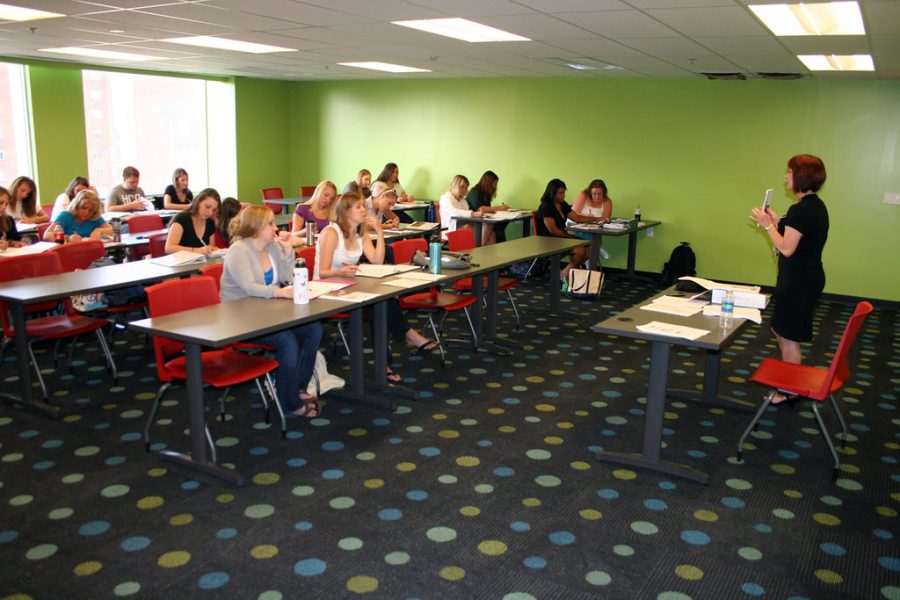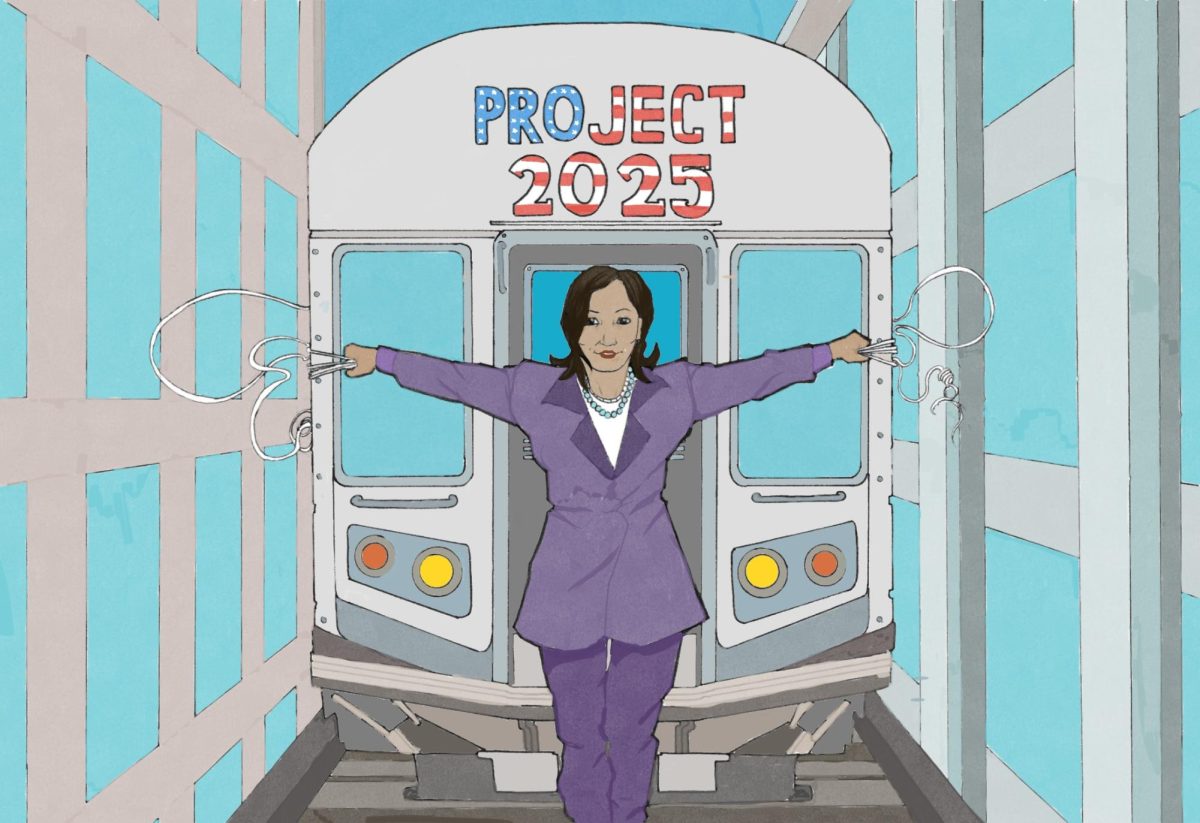A teacher’s job is to not only hone the academic skills of their students but to inspire and guide them down a path of success.
Unfortunately, not all teachers carry out the latter, as a percentage of students may occasionally gripe about how their instructors at school speak to them or humiliate them in front of their peers in a high-and-mighty way.
Teachers should not use their positions to act arrogantly toward students and disrespect them.
Not only is it irresponsible for a teacher with such power and influence to put down their students, but it’s also pathetic and embarrassing for a grown, knowledgeable adult to shame a growing teenager.
While some students may succeed in rebelling against their torment, such as Duncanville High School’s Jeff Bliss, who spoke out about the neglect he felt he and his peers faced, not all students may come out on top.
Most often, when students defend themselves, they are unfairly given referrals or detention for reacting accordingly.
This discourages other students from standing up to teachers, allowing teachers to continue abusing their power.
How does bullying from teachers compare to bullying from students, you may ask?
While teachers may not flat-out physically harass their students, their bullying includes intimidation through insult and academic injury, singling out students to ridicule or shaming them in front of their peers.
A teacher’s abuse can range from subtle forms of disrespect such as harsh criticism and sarcastic comments to more direct forms such as openly mocking them and belittling them as a form of intimidation.
When a student is bullied, they may develop feelings of resentment towards not just towards the abusive teacher, but all teachers, and will feel less inclined to respect future teachers and professors.
Additionally, the torment and comments made by teachers have the potential to be repeated by a student’s peers, turning a classroom into a negative environment that promotes the bullying of its students.
The rippling effect a teacher’s bullying has may influence a student to avoid attending class, as Cyberbullying Research Center reports 160,000 or 18.5% of students skipped school to avoid being bullied.
As stated previously, educational institutions have a job to not only strengthen a student’s learning ability but instill an efficient work ethic for a student to further succeed and develop their virtue.
Teachers should be against other teachers bullying students because it makes learning harder for the students and makes them more likely to skip school as a whole.

















